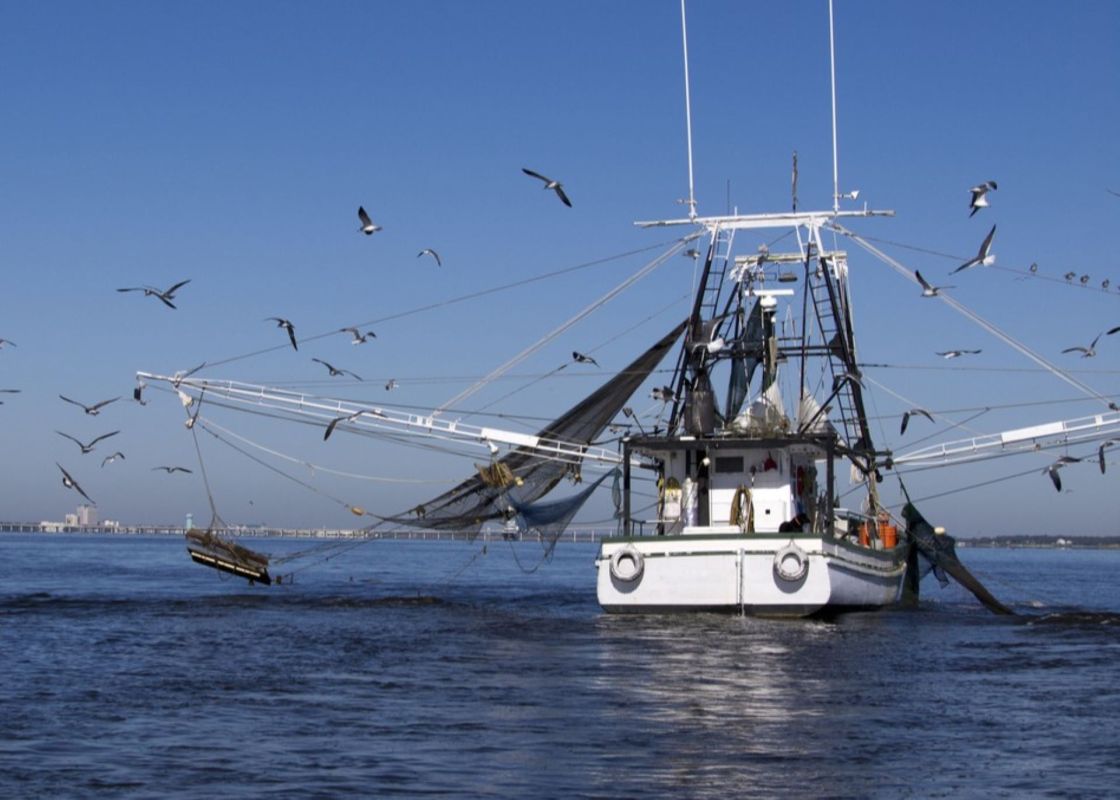Whales off the coast of Oregon are consuming more plastics and waste than we thought — and researchers say this has troubling implications for humans as well.
What's happening?
Researchers from the Oregon State University Marine Mammal Institute analyzed the diets of gray whales and discovered alarming amounts of microplastics had passed through their systems. The researchers found that the zooplankton that the whales ate had been corrupted by hundreds of human-made microparticles — and that whales often inadvertently suck up even bigger microplastics as they vacuum-feed, according to Oregon Public Broadcasting.
Why is this concerning?
Leigh Torres, associate professor at OSU and a researcher on the study, explained why the study's findings were concerning.
"[Microplastics] can lead to stunted growth, smaller body size, lower ability to have calves, and animals not using this habitat anymore," Torres told Oregon Public Broadcasting. "All of those are areas of significant concern."
Torres also explained why these findings have alarming implications for people.
"It's likely that humans are also getting a lot of microplastics from our own fish diet," she told Oregon Public Broadcasting. "Little by little we are all getting exposed to more and more microplastics. That's inescapable at this point across all ecosystems."
The average person consumes at least 78,000 microplastics per year, according to Statista — and it's likely that that number is far too low.
What's being done about microplastics?
Legislative bodies around the world are slowly but surely enacting policies that will reduce the amount of harmful plastics that make their way into the ocean. For example, Oregon recently passed two laws that should help curb the problem — one allows customers to bring their own containers to be filled with food in restaurants, and the other bans "forever chemicals" and phases out polystyrene foam products, according to Oregon Public Broadcasting.
The most impactful way we can help limit the spread of microplastics is to consciously avoid plastic products whenever possible. We can use reusable water bottles instead of disposable ones, invest in glass containers at home instead of using plastic bags, and generally minimize our consumption of plastic packaging.
Join our free newsletter for cool news and cool tips that make it easy to help yourself while helping the planet.









